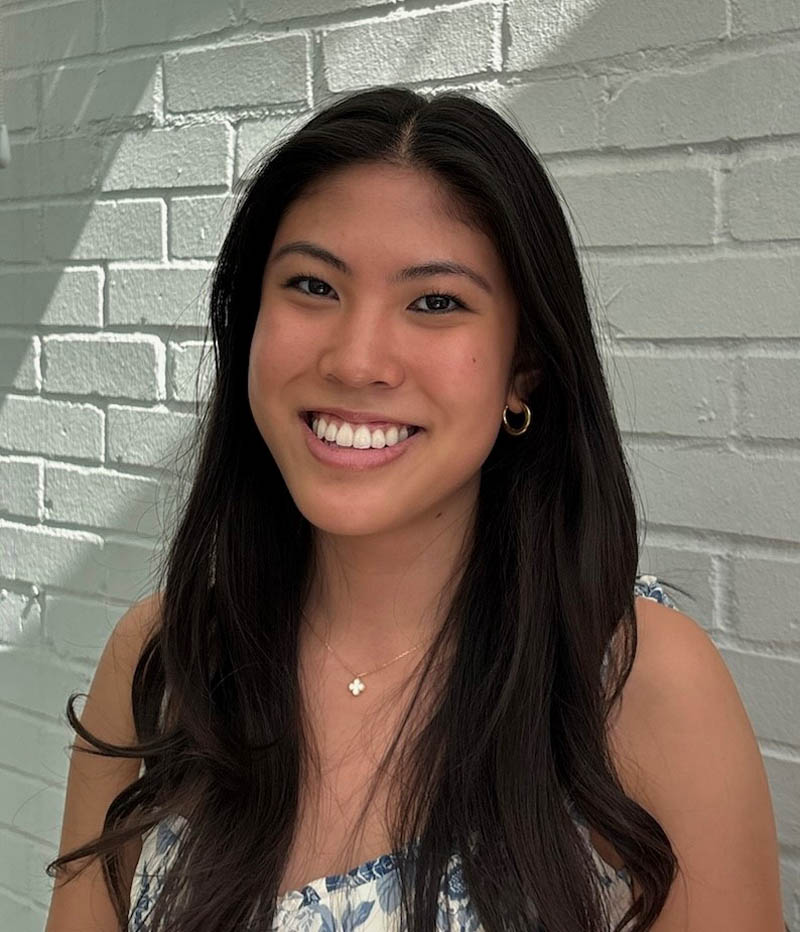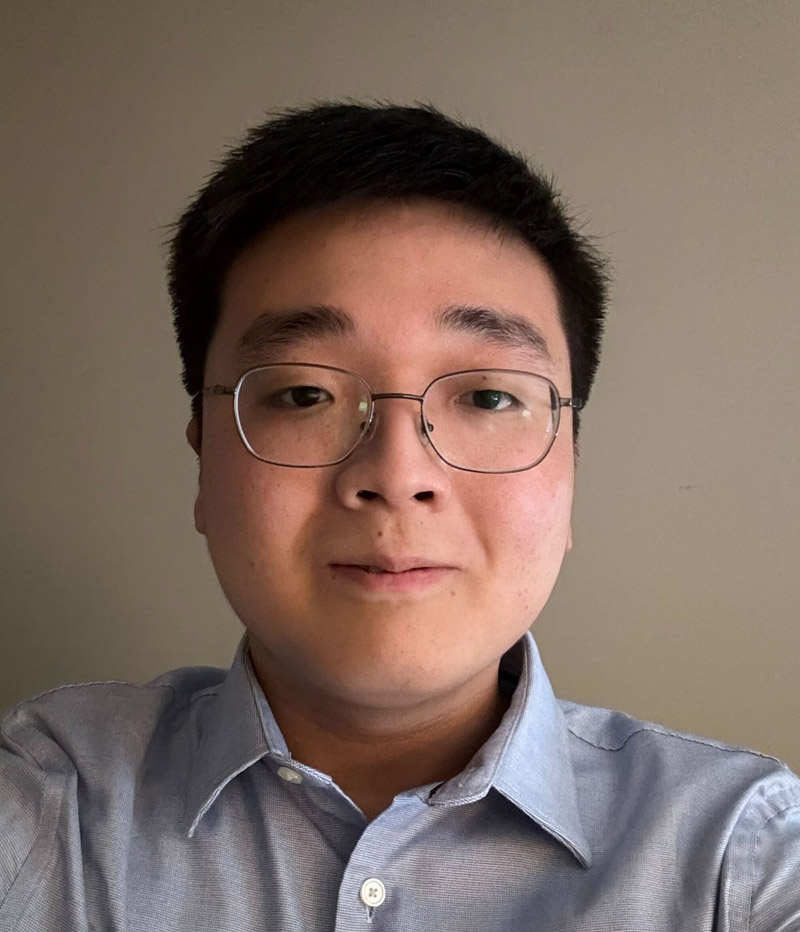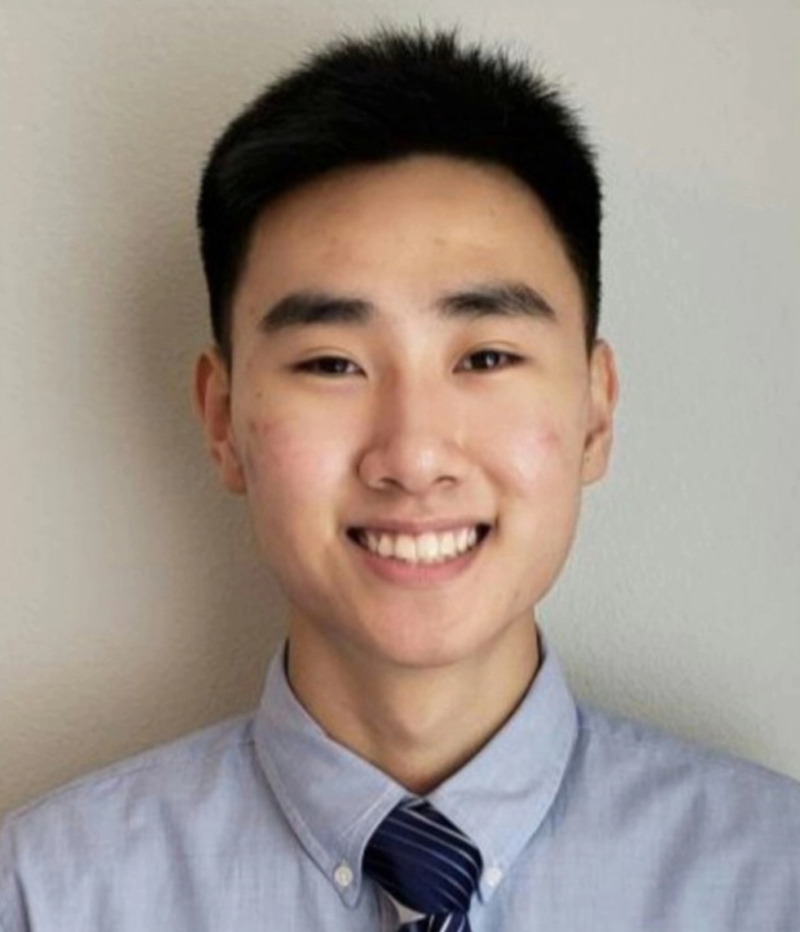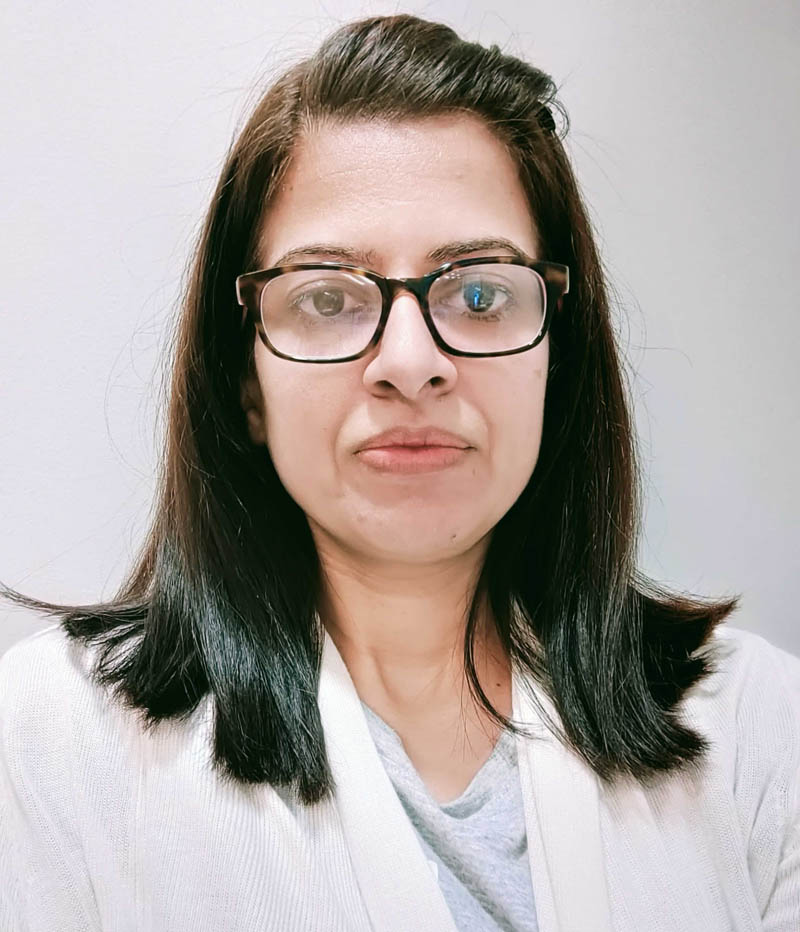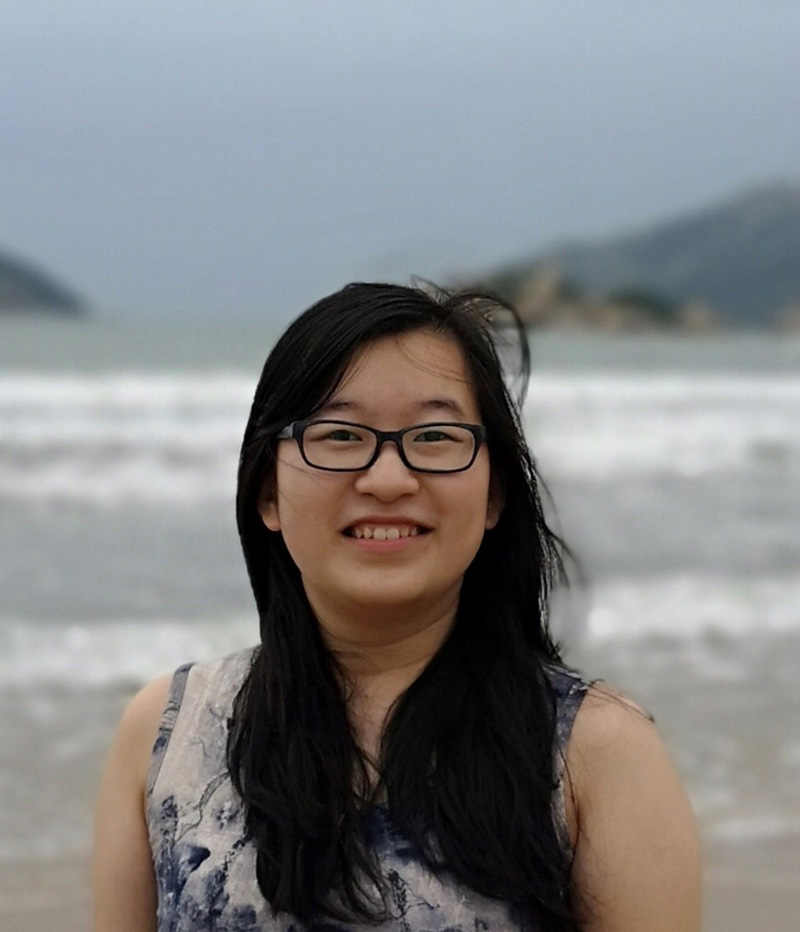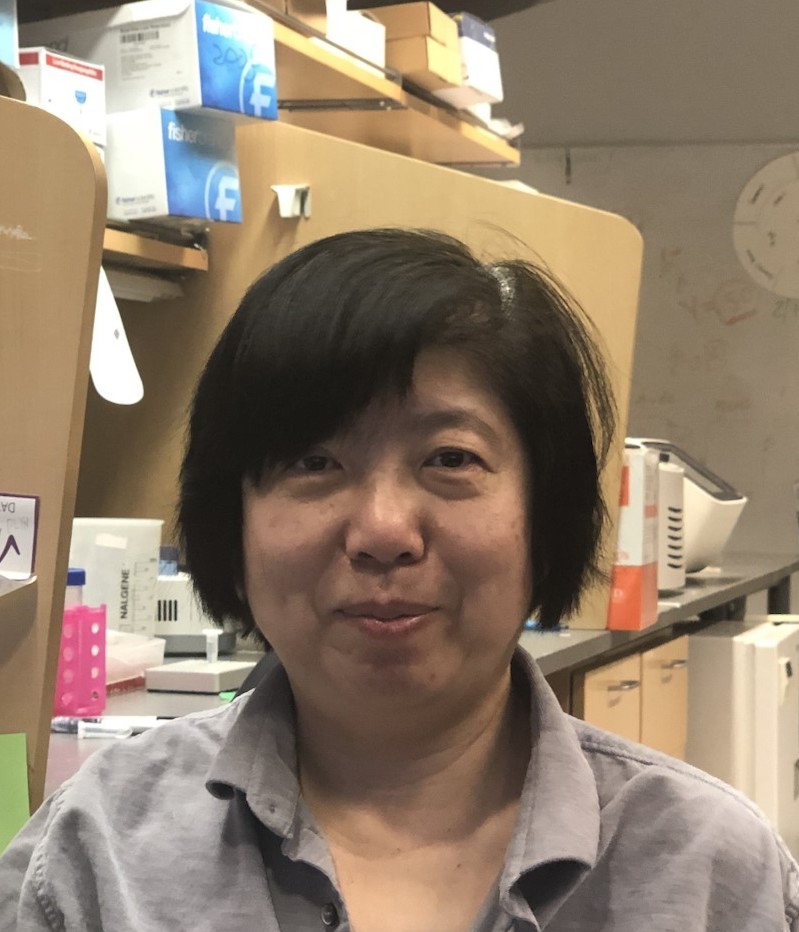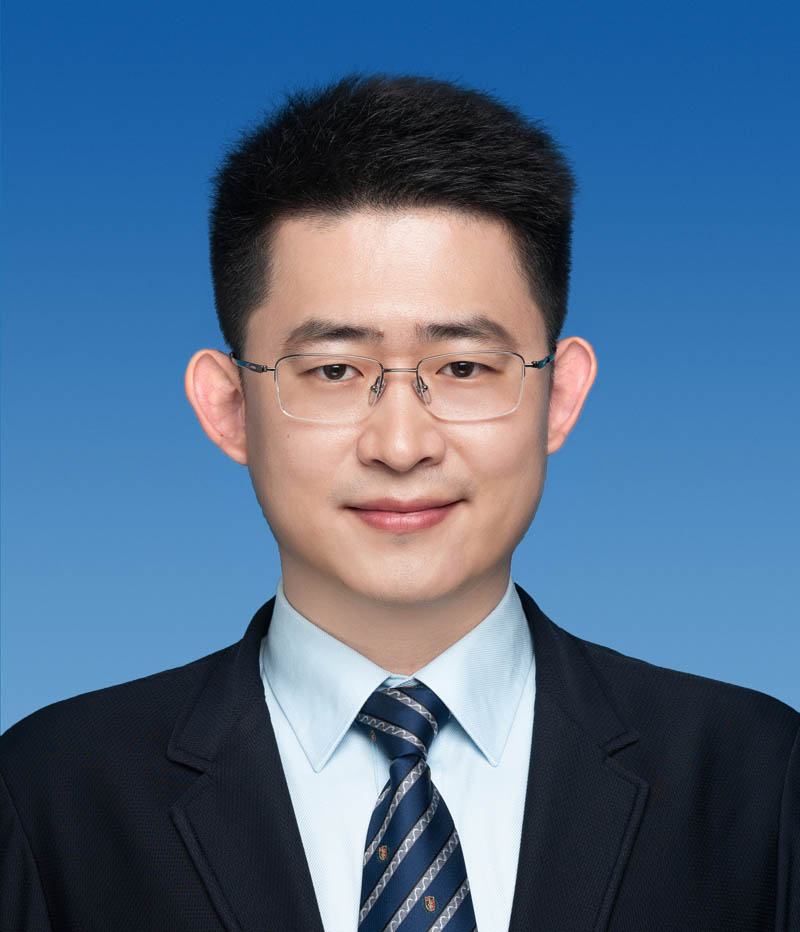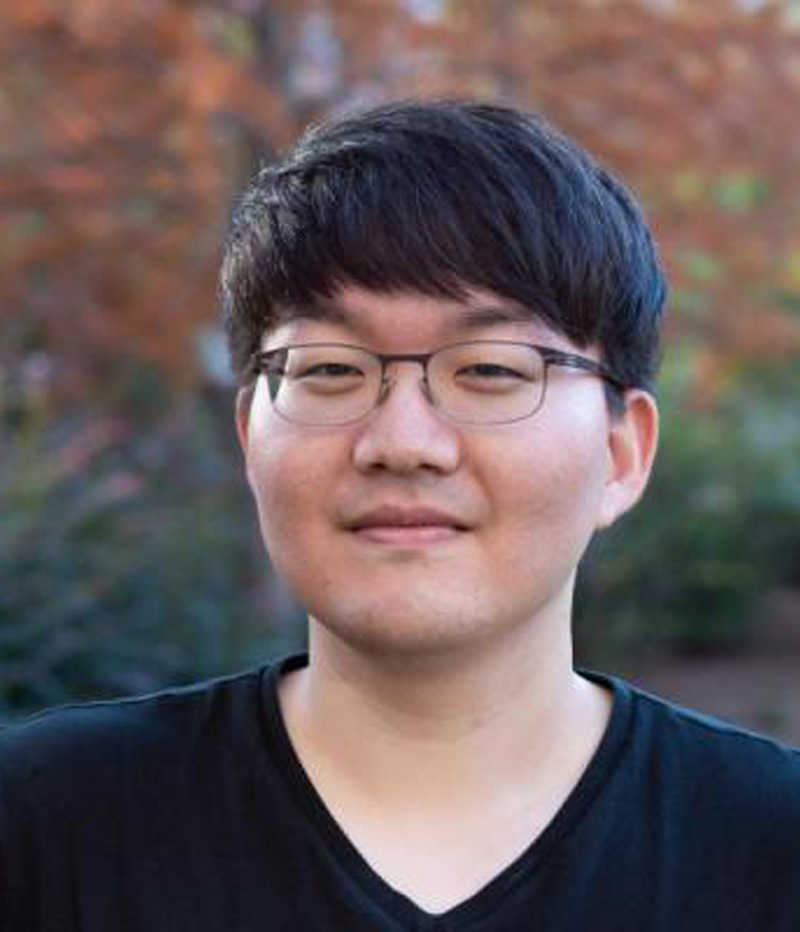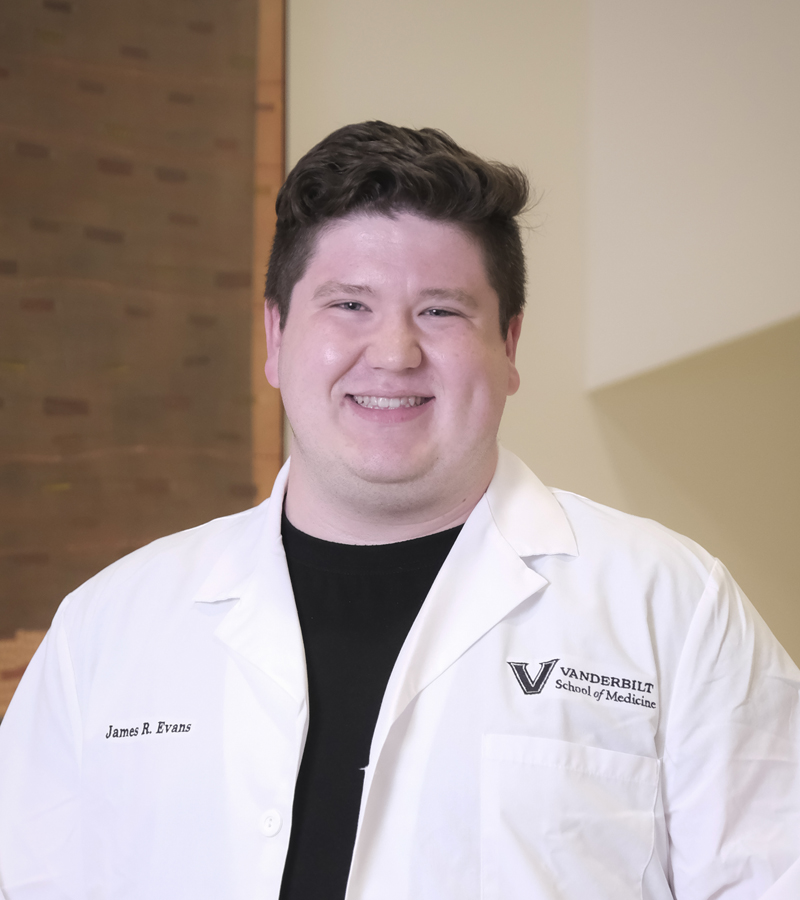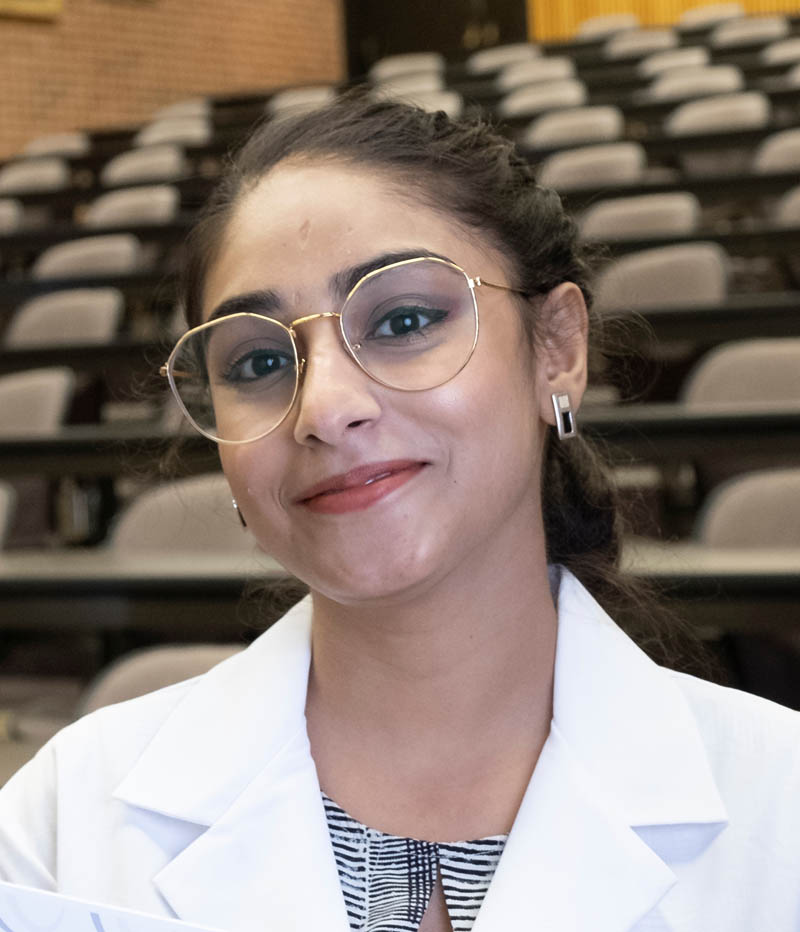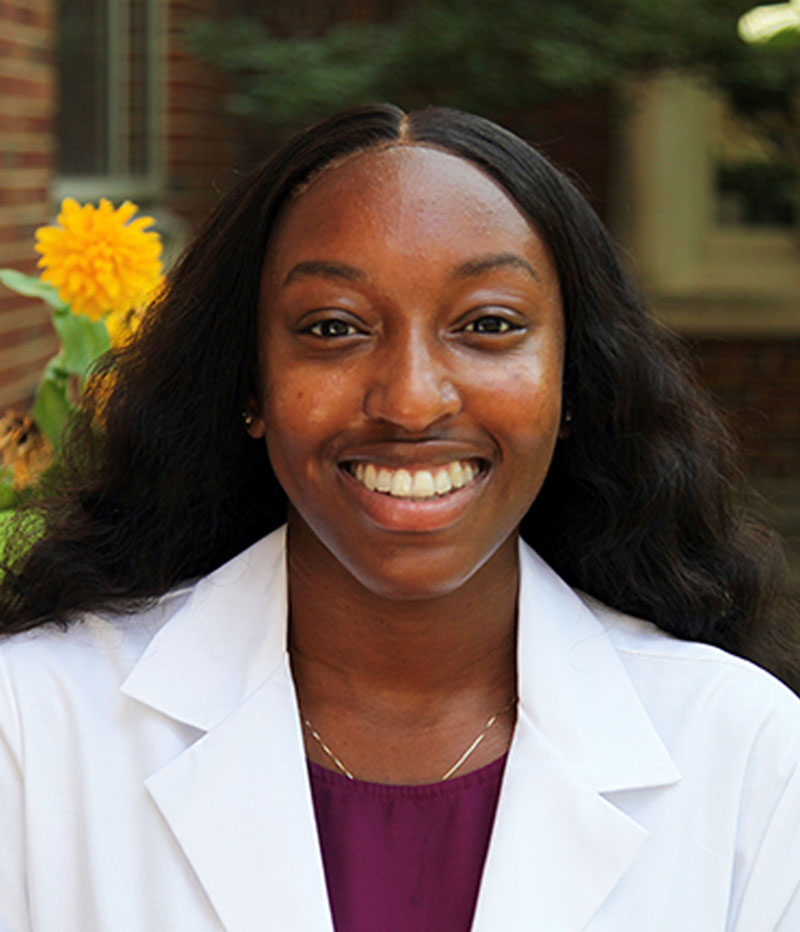
machine learning to obtain a systems biology view of how environmental
components and epithelial cells interact to generate tissue architecture and function,
using the gut of mouse and human as in vivo model systems.


















RESEARCH

PUBLICATIONS

Software & Protocol
About us
The central goal of the Lau Lab is to understand how microenvironmental factors, including stromal/immune cells and microbiota, affect epithelial cell behaviors in the context of an inflammatory environment in the gut. Epithelial cells can differentiate, exhibit plasticity (reversion to stemness – dedifferentiation or transition to non-native states – metaplasia), undergo cell death, and alter their turnover when exposed to different environmental cues. Changes to these behaviors in diseases lead to aberrant tissue structure and function. Our laboratory utilizes high content, single-cell and spatial experimental techniques in conjunction with computational tools to interrogate organoids, mouse models, and human specimens. We vertically integrate technological development, algorithm development, and derivation of biological insights from large datasets in order to make translatable advances to Inflammatory Bowel Disease and colorectal cancer.
Congratulations to @K_Harsim from @KenLauLab for winning the Poster Prize at the Beatson International Cancer Conference 2025!…
Thank you to @CRUK_SI and @DrPipDunne for a wonderful experience in Scotland for #BICC2025. Congratz to @K_Harsim for receiving the outstanding poster award! https://x.com/KenLauLab/status/1929196840223703349/photo/1
4@LindaGGriffith1 @Paige_N_Spencer @mirazul302 I am glad to hear !
Proud of @Paige_N_Spencer and @mirazul302 for completing their PhD journeys with me last week. The best is yet to come! https://x.com/KenLauLab/status/1923040963364106365/photo/1
2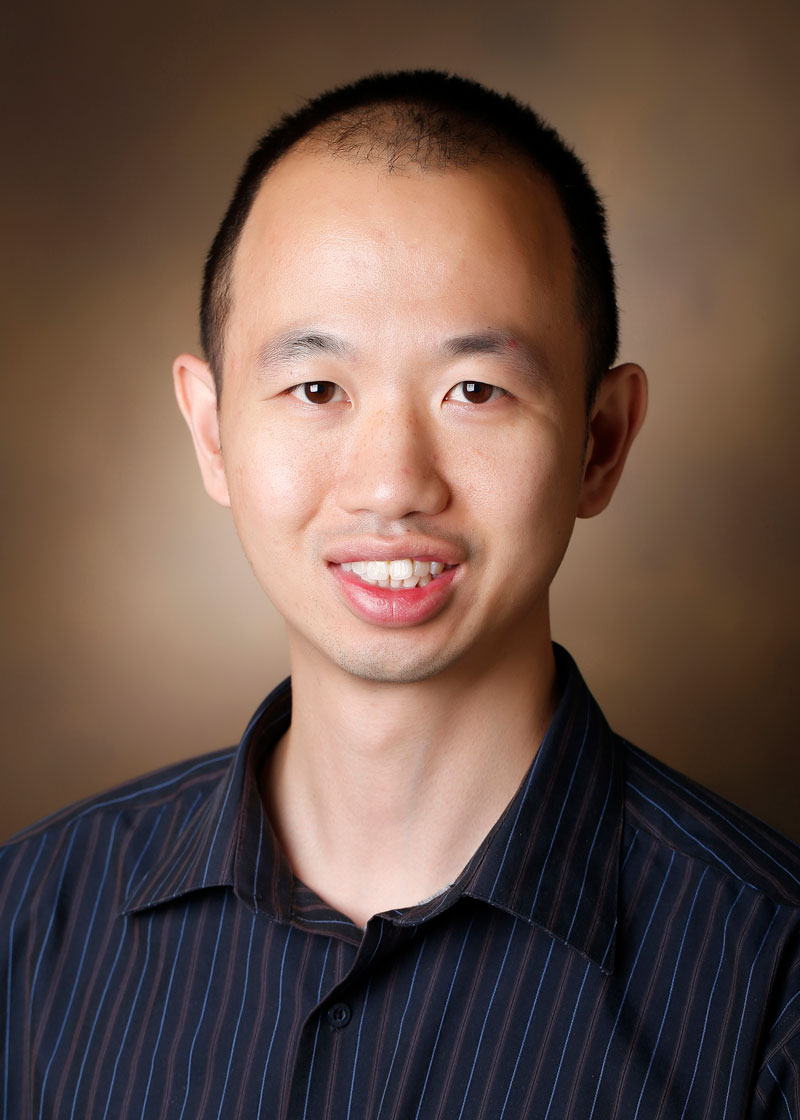
Professor Ken Lau
Dr. Lau, Professor of Cell & Developmental Biology and Surgery, is the principal investigator of the Lau Lab at Vanderbilt University School of Medicine. His research applies systems biology approaches to study tissue function as determined by the sum of its interacting part. Dr. Lau was trained in combining experimentation and modeling to study complex biological phenomena. He completed is PhD in Bioinformatics and Proteomics in 2008 at the University of Toronto, Canada. After a 4 year postdoc at Harvard/MIT under the tutelage of Drs. Kevin Haigis and Douglas Lauffenburger, he started the Lau Lab at Vanderbilt in the spring of 2013. Dr. Lau is interested in new molecular technologies for cellular and tissue profiling and new data science approaches to get the most out of Big Data in the biomedical sciences.
Meet our trainees
Our Latest Blog






